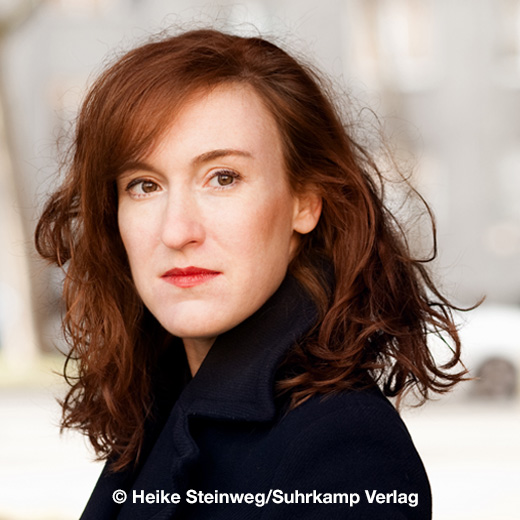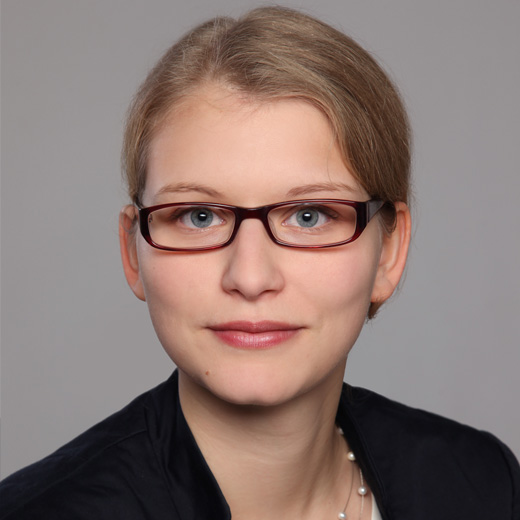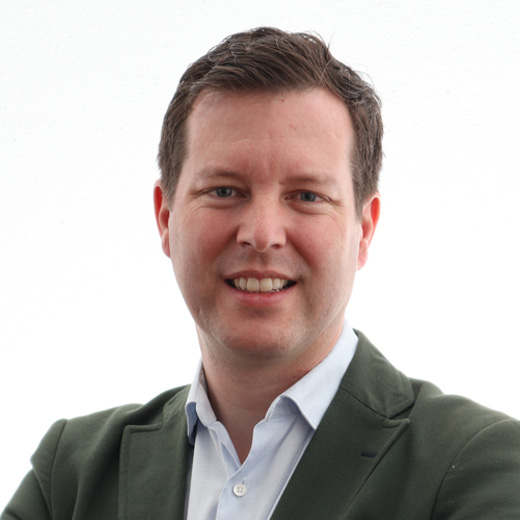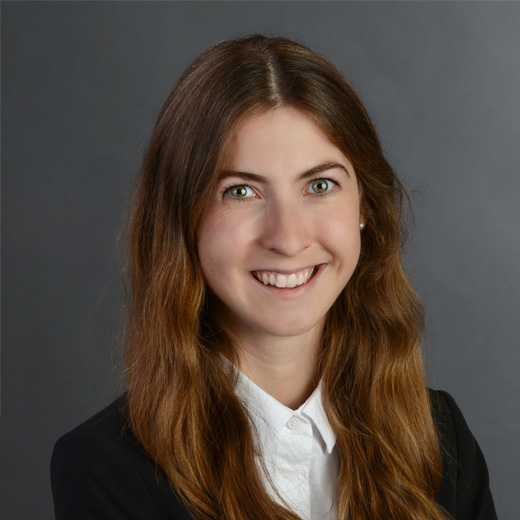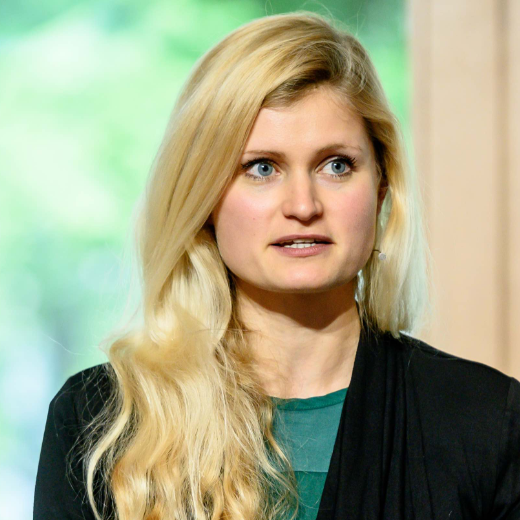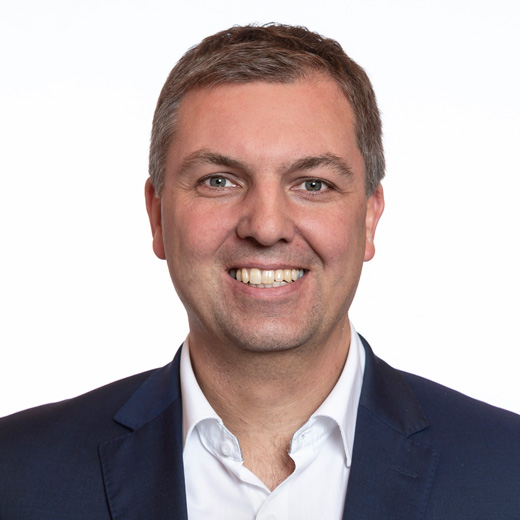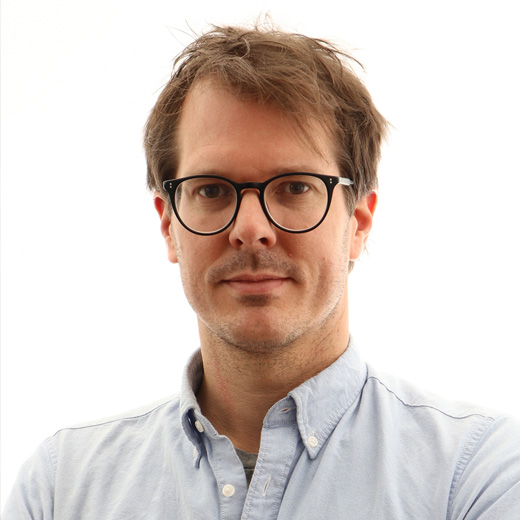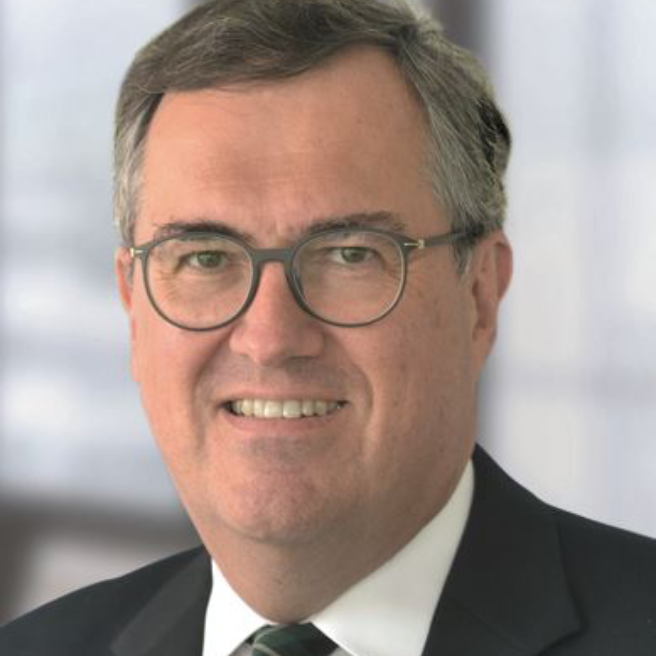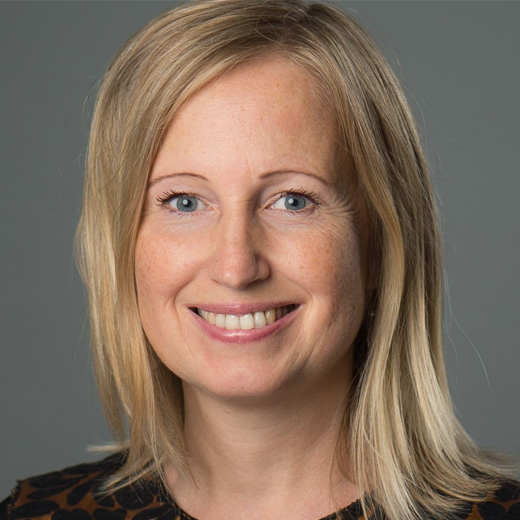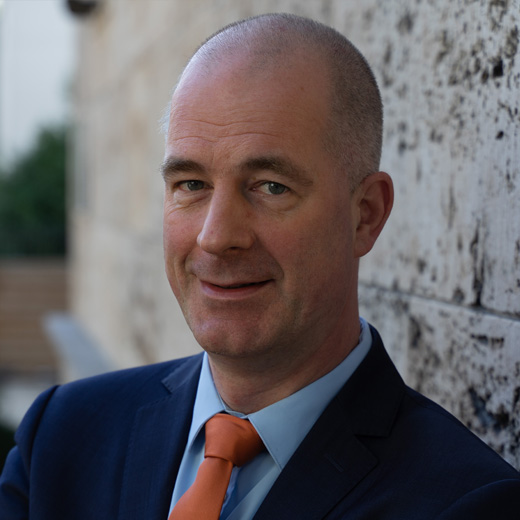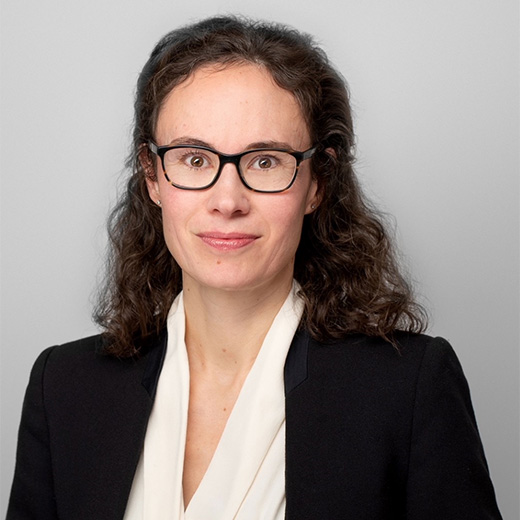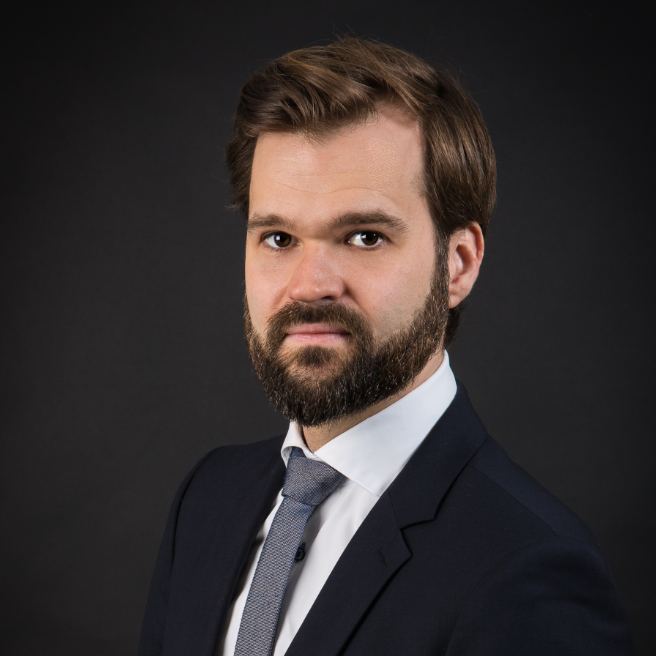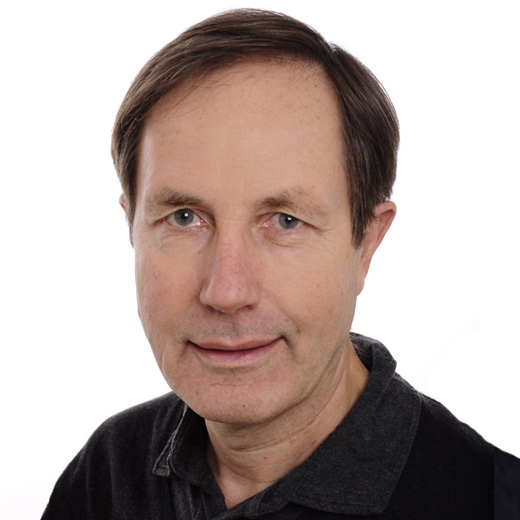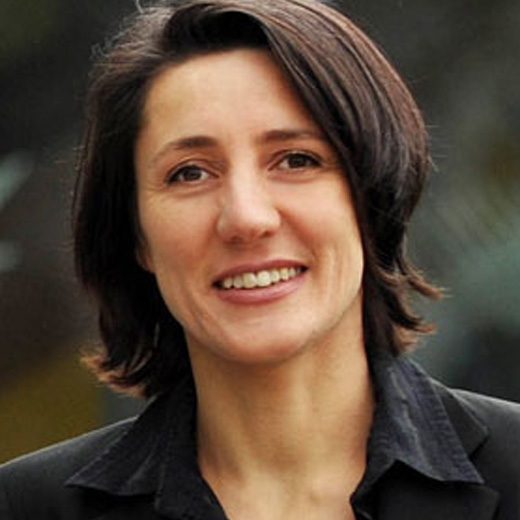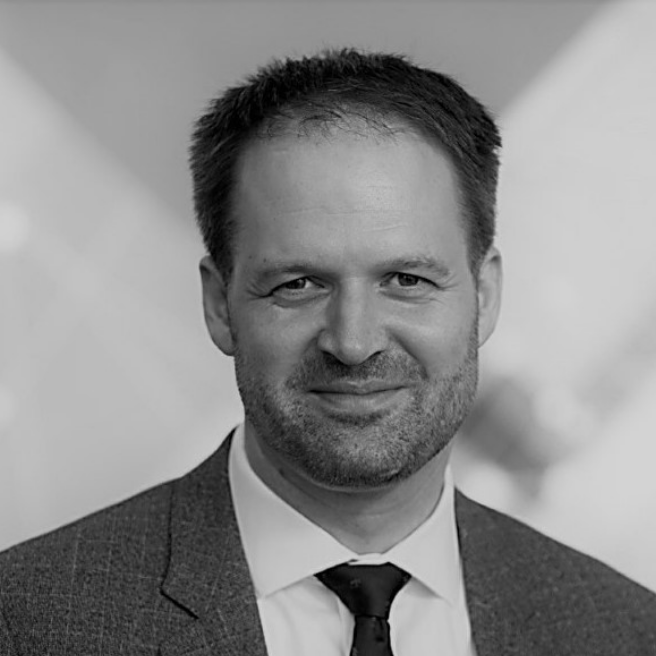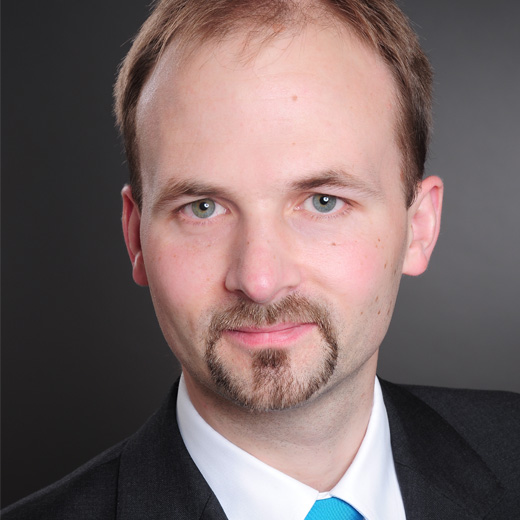Experts panel:

Nora Bossong Bio:
Nora Bossong is a cultural scientist and writer. Her recent novel “Schutzzone” (Suhrkamp 2019) deals with the United Nations. In her columns and reports, her writing focuses on socio-political topics.
Motivation:
“In the FCAS forum, core aspects of our ethical self-image meet with security policy issues and technical challenges. Therefore, I consider this interdisciplinary debate highly relevant and necessary to negotiate how we as a society can responsibly shape our present and future.”

Anja Dahlmann Bio:
Anja Dahlmann is a political scientist and heads the Berlin office of the Institute for Peace Research and Security Policy at the University of Hamburg. Her research focuses on arms control and new technologies, in particular on the negotiation process on autonomous weapons systems within the framework of the UN Weapons Convention.
Motivation:
“As part of AG Technikverantwortung, the experts panel on the responsible use of new technologies, I am particularly interested in human-machine interaction and the exercising of human control in the use of weapons.”

Bruno Fichefeux Bio:
Bruno Fichefeux has held a number of management positions in recent years at Airbus in Germany, France and Spain, including project-management roles on the A400M and MALE RPAS programmes. He was also involved in the integration and merger of the Airbus Defence and Space division. A committed European, Bruno Fichefeux loves working with transnational teams – which is why his current position as Head of Future Combat Air Systems, a role he has held at Airbus since 2018, is his dream job.
Motivation:
“I personally think it’s important to start discussions as early as possible on the responsible use of new technologies on the FCAS programme – and to apply the outcomes of these discussions over the course of the project. As the national prime contractor for FCAS, Airbus has a huge responsibility. We want to live up to this responsibility, together with the various governments and numerous other parties involved. Furthermore, I am convinced that to successfully implement a major defence-policy project like FCAS, we also need to involve representatives from society – particularly people who can bring a more critical perspective to the table. While our focus is on FCAS, the responsible use of new technologies does, of course, have an impact on numerous other areas of our lives and on the society we live in. We are therefore very keen to contribute.”

Charlotte Fischer Bio:
Charlotte Fischer is a doctoral student in the field of security policy at the ETH Zurich. Her research focuses on the governance of artificial intelligence, especially military AI applications, and global competitive dynamics with regard to new technologies. Previously, she worked as a technology fellow at the planning staff of the Federal Foreign Office.
Motivation:
“It motivates me that the AG Technikverantwortung offers the opportunity to accompany the process of technology development in an interdisciplinary experts panel, to identify possible risks and to be able to counteract them early if necessary.”

Dr Ulrike Franke Bio:
Dr Ulrike Franke is a Senior Policy Fellow with the European Council on Foreign Relations (ECFR). Her work involves issues relating to German and European security and defence policy, especially the impact of new technologies such as drones and artificial intelligence on warfare. She has written a number of related articles that have appeared in media such as DIE ZEIT, War on the Rocks, Comparative Strategy, Aus Politik und Zeitgeschichte, and Loyal. She is also part of the team that produces the ‘Sicherheitshalber’ podcast. Dr Franke studied in France, the United Kingdom and Switzerland. She obtained a doctorate in International Relations from Oxford University, for which she won the Munich Security Conference’s John McCain Dissertation Award in 2019.
Motivation:
“I am part of the experts panel on the responsible use of new technologies because FCAS is Germany’s largest and most important defence project and is of particular significance for Franco-German and European collaboration. Technologies still under development and, in all likelihood, of a whole different quality to previous ones will be used in FCAS – especially in the field of artificial intelligence. It is important for the advantages and disadvantages of their use to be carefully weighed up and discussed, and I am keen to contribute to this.”

Thomas Grohs Bio:
Thomas Grohs is a qualified aerospace engineer. He is currently Chief Architect FCAS at Airbus Defence and Space, giving him a key role in the technical implementation of the overarching architecture on the FCAS project. Prior to this, he held a number of other positions at Airbus, including Chief Engineer for the Eurofighter programme and Head of Flight Test Strategy and Service in Manching.
Motivation:
“When developing a system like FCAS, there is always a certain degree of tension between different priorities and perspectives. On the one hand, we want to fully exploit the technology available – particularly as engineers. However, on the other hand, we also need to consider that just because something is possible from a technological point of view, it isn’t always acceptable from an ethical and legal standpoint. By participating in the experts panel, I hope to identify ethical and legal guidelines that can then be applied during the technical implementation of the FCAS programme.”

Florian Keisinger Bio:
Florian Keisinger is a historian. Having held a number of public-sector posts, he joined Airbus in 2013. Since 2018, he has been in charge of the campaign for the Future Combat Air System (FCAS).
Motivation:
“My goal and motivation is to incorporate the vital debate about the responsible use of new technologies into the design and development of an FCAS from the outset, and to give the associated dialogue a distinctly European dimension.”

Professor Wolfgang Koch Bio:
Lecturer and researcher Professor Wolfgang Koch is Professor of Computer Science at the University of Bonn. As Chief Scientist at the Fraunhofer Institute for Communication, Information Processing and Ergonomics (FKIE), he is a driving force behind research and technology projects relating to the digital transformation of the armed forces. He has also been head of the FKIE’s Sensor Data & Information Fusion department for many years. In the international community, he is a committed Fellow of the Institute of Electrical and Electronics Engineers (IEEE) and represents his areas of research in the NATO Science and Technology Organization (STO).
Motivation:
“As a physicist and information scientist, I have a keen interest in how ethically relevant knowledge about people and human nature can be factored into the engineering design of technical systems along with instrumental knowledge on achieving goals. In the context of artificial intelligence and automation, these research interests are relevant for the development of responsible technologies for a Future Combat Air System.”

Dr Christina Krause Bio:
Christina Krause is in charge of the Konrad Adenauer Foundation’s Department of International Politics and Security. She holds a doctorate in political science from Kiel University. Her work focuses on international cooperation and the German and European foreign- and defence policy.
Motivation:
“The Konrad Adenauer Foundation – with its network of over 110 offices worldwide – focuses on international, regional and national security issues as well as methods and means of cooperation. We analyze internal, regional and international conflicts as well as the growing systemic competition, discuss their impact on the EU and Germany and look for options of action. I would like to bring this knowledge into the FCAS forum.”

Dr Christian Mölling Bio:
Dr. Christian Mölling is the DGAP (German Council on Foreign Relations) Research Director and heads its Security and Defense program. He has been researching and advising on topics at the intersection of security, defense, industry and technology for 20 years. His professional positions range from working in peace research and human rights to providing practical support for European governments in defense policy to leading complex international research projects on European defense and armaments.
Motivation:
“The FCAS is the crucial armaments and capabilities project for Europe in this century. If it succeeds, Europe can expand its military and technological independence. At the same time, it can only support the defense of European values if it is compatible with European values in politics and ethics. For me it is important to mediate in this conflict of goals between ethical, political, military and industrial perspectives and to enable political decision-makers to find the best solution.”

Isabel Sarasin Bio:
Isabel Sarasin works in the Federal Foreign Ministry in the field of conventional arms control. Previously, she worked at the embassies in Beijing and Paris and in the political department of the Federal Foreign Ministry in the area of security policy. She studied history, political science and public law in Heidelberg and Berlin.
Motivation:
“The Federal Foreign Ministry is committed to global, common standards for dealing with autonomous functions in weapon systems. Active exchange with all relevant actors plays an important role in the development of such standards. That is why it is important for the Federal Foreign Ministry to take part in the work of FCAS working group for responsible AI in FCAS.”

Dr Frank Sauer Bio:
Frank Sauer holds a doctorate in political science. His research focuses on nuclear and conventional arms control, with a particular emphasis on the military use of artificial intelligence.
Motivation:
“I deem it important for technological possibilities to be explored and utilised to the full while also maintaining human control and responsibility.”

Dr Hartwig von Schubert Bio:
Dr Hartwig von Schubert is an evangelical theologist. Specialising in political and military ethics, he was in active service as a military chaplain at the Bundeswehr Command and Staff College in Hamburg until October 2019. He still lectures there and at the Institute for Peace Research and Security Policy (IFSH) in Hamburg as well as publishing articles and supporting the German Institute for Defence and Strategic Studies (GIDS) in Hamburg in his role as Senior Research Fellow.
Motivation:
“As theologist and chaplain I have a vision of committed citizens willing to express criticism in a politically powerful state. I supports citizens and state alike with a realistic peace ethic that balances loving one’s enemy with the use of force to uphold the law.”

Dr Ellen Ueberschär Bio:
Ellen Ueberschär holds a doctorate in theology. Specialising in issues such as ethics, digitalisation and the transformation of society, her work involves both political and social aspects and the evangelical church.
Motivation:
“There is no independent civic monitoring in many areas of digitalisation. The experts panel on the responsible use of new technologies is seeking dialogue on a particularly sensitive aspect of military applications. I deems it important to conduct this critical discourse from the perspective of individual and social responsibilities, and to extend the debate on security policy beyond expert circles.”

Dr Johannes Winter Bio:
Johannes Winter is Chief Strategy Officer and Board Member at the European AI Research Centre L3S. From 2017-2022, he headed the office of the German AI Platform Learning Systems, chaired by the Federal Minister of Research and the President of the German Academy of Science and Engineering (acatech). In addition, Johannes Winter was responsible for acatech's technology area from 2015-2022 and participated in the conceptualisation of the future projects Industry 4.0, Smart Services, Autonomous Systems and Mobility Data Space. His work focuses on artificial intelligence, technological sovereignty and digital business models.
Motivation:
“In the FCAS experts panel on the responsible use of new technologies, I consider it important for technology to be subject to the principle of responsibility and to be used to benefit people. Even in the face of increasing automation and autonomy, actions must still be guided by this principle.”

Carl Wrede Bio:
Carl Wrede heads the Department for Strategy and ELSA Research at the Institute for the Protection of Maritime Infrastructures, part of the German Aerospace Center (DLR). He works at the interface between applied security research and operational security for the protection of technical and socio-economic infrastructures, focusing in particular on the legality, ethical justification and social acceptance of highly autonomous systems.
Motivation:
“I am delighted to be able to shed light on the particular social and ethical challenges thrown up by systems of this kind as part of the FCAS experts panel on the responsible use of new technologies.”
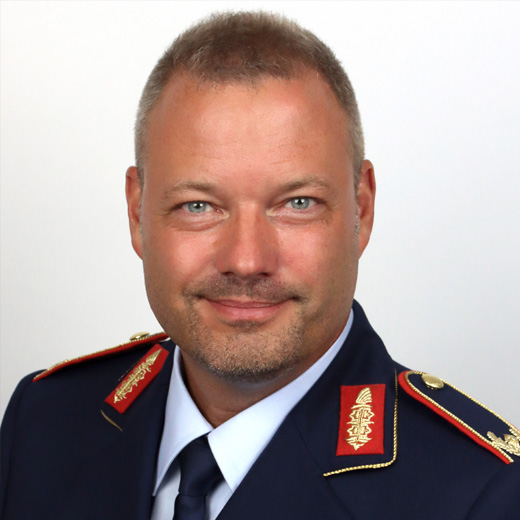
Brigadier General Markus Schetilin
German Federal Ministry of Defence Head of Section Planning and FCAS Project Leader
Other participating experts from the Federal Ministry of Defense:
Jörg Rauber
Branch Chief FCAS, BMVg
